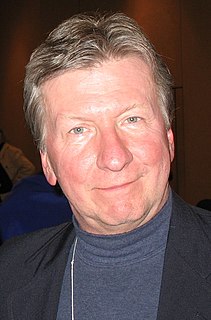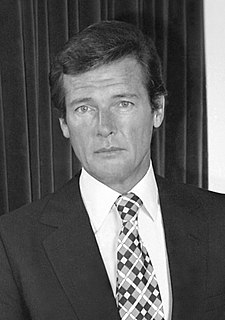A Quote by James Russell Lowell
It is curious for one who studies the action and reaction of national literature on each other, to see the humor of Swift and Sterne and Fielding, after filtering through Richter, reappear in Carlyle with a tinge of Germanism that makes it novel, alien, or even displeasing, as the case may be, to the English mind.
Related Quotes
The understanding that women are not inferior across the world, it's something that you can get from school, not only from the book but also from chatting with other kids. It's a big impact. One of the curious things is that even when - and this we found from studies - the schools are doing pretty badly in terms of their education, about mathematics and literature and language, going to school transformed people because I think the action of schooling, the activity, is very important.
Carlyle, a man of strong words and attitudes, a rhetorician out of necessity, constantly aroused by the craving for a strong faithas well as by the feeling of an incapacity for it (Min this respect a typical romantic!).... Fundamentally, Carlyle is an English atheist who makes it a point of honor not to be one.
In contrast to revenge, which is the natural, automatic reaction to transgression and which, because of the irreversibility of the action process can be expected and even calculated, the act of forgiving can never be predicted; it is the only reaction that acts in an unexpected way and thus retains, though being a reaction, something of the original character of action.
Being known for Bond, certainly when you're in foreign countries, makes people curious. You get to see presidents because their wives were curious; their children were curious about Bond or The Saint or whatever. Then once you have your foot through the door, you can then let them see that you're serious about what you're talking about, and not just a twit.
I think that the Bible as literature should be a compulsory part of the national curriculum.. you can't understand English literature and culture without it. But insofar as theology studies the nature of the divine, it will earn the right to be taken seriously when it provides the slightest, smallest smidgen of a reason for believing in the existence of the divine. Meanwhile, we should devote as much time to studying serious theology as we devote to studying serious fairies and serious unicorns.






































